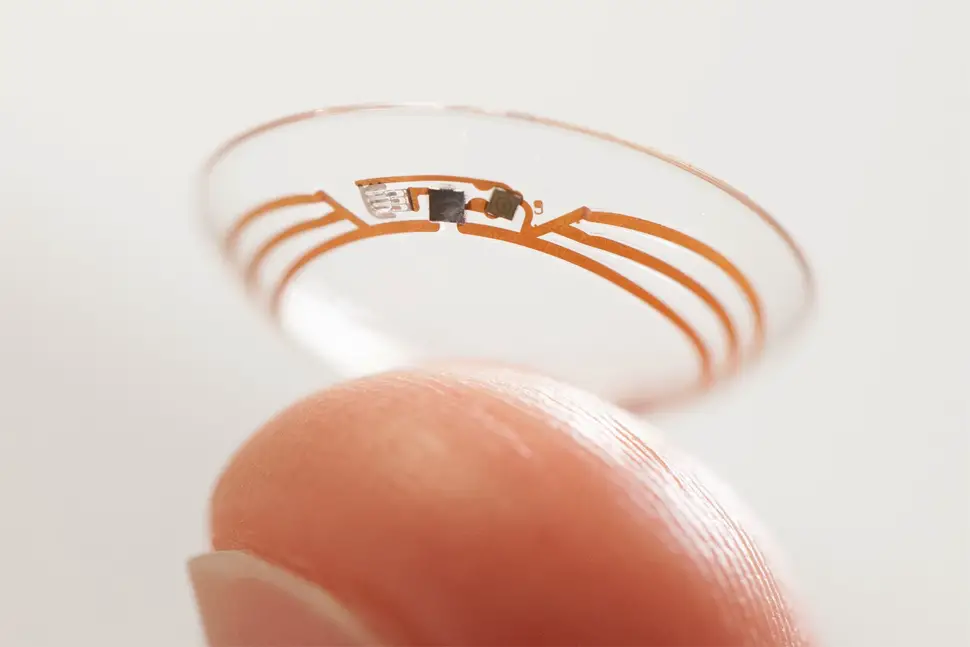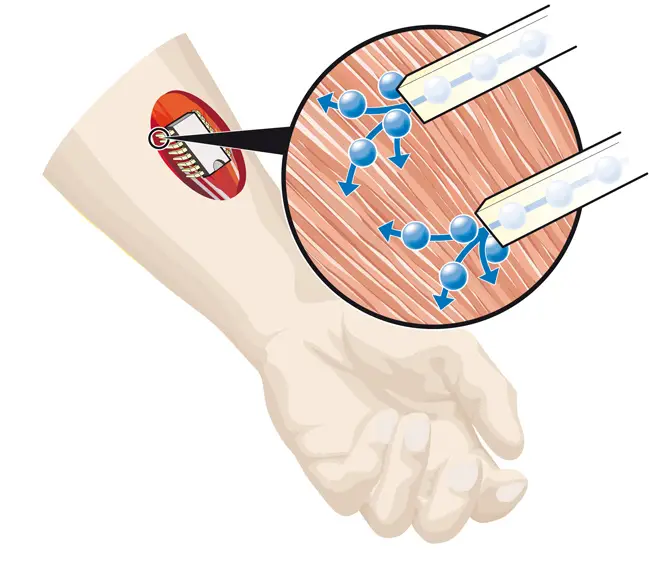
5th August 2016 Google and GSK invest £540M to create bioelectronic medicines Google's Verily (formerly Google Life Sciences) has announced a partnership with British pharmaceutical giant, GlaxoSmithKline (GSK), to form Galvani Bioelectronics – a new company focused on the research, development and commercialisation of bioelectronic medicines.
Verily (owned by Google's parent company, Alphabet) has announced an agreement with GSK to form Galvani Bioelectronics to accelerate the research, development and commercialisation of bioelectronic medicines. GSK will hold a 55% interest in the new jointly owned company and Verily will hold 45%. Galvani Bioelectronics will be headquartered in the UK, with the parent companies contributing existing intellectual property rights and up to £540 million of investment over seven years, subject to successful completion of various discovery and development milestones. Bioelectronic medicine is a relatively new scientific field that aims to tackle a wide range of chronic diseases using miniaturised, implantable devices that can modify electrical signals that pass along nerves in the body, including irregular or altered impulses that occur in many illnesses. GSK has been active in this field since 2012 and believes certain chronic conditions such as arthritis, diabetes and asthma could potentially be treated using these devices. The agreement to establish Galvani Bioelectronics represents an important next step in GSK's bioelectronics research. It will combine GSK's world class drug discovery and development expertise, and deep understanding of disease biology, with Verily's world-leading technical expertise in the miniaturisation of low power electronics, device development, data analytics and software for clinical applications. The initial work will centre on establishing clinical proofs of principle in metabolic, inflammatory and endocrine disorders, including type 2 diabetes, where substantial evidence already exists in animal models; and developing the associated miniaturised, precision devices.
Moncef Slaoui, GSK's Chairman of Global Vaccines, who was instrumental in establishing GSK's investments in the field of bioelectronics, will chair the board of the new company: "Many of the processes of the human body are controlled by electrical signals firing between the nervous system and the body's organs, which become distorted in many chronic diseases," he said. "Bioelectronic medicine's vision is to employ the latest advances in biology and technology to interpret this electrical conversation and to correct the irregular patterns found in disease states, using miniaturised devices attached to individual nerves. If successful, this approach offers the potential for a new therapeutic modality alongside traditional medicines and vaccines. "This agreement with Verily to establish Galvani Bioelectronics signals a crucial step forward in GSK's bioelectronics journey, bringing together health and tech to realise a shared vision of miniaturised, precision electrical therapies. Together, we can rapidly accelerate the pace of progress in this exciting field, to develop innovative medicines that truly speak the electrical language of the body." Brian Otis, Verily's Chief Technology Officer, said: "This is an ambitious collaboration, allowing GSK and Verily to combine forces and have a huge impact on an emerging field. Bioelectronic medicine is a new area of therapeutic exploration, and we know that success will require the confluence of deep disease biology expertise and new highly miniaturised technologies. "This partnership provides an opportunity to further Verily's mission by deploying our focused expertise in low power, miniaturised therapeutics and our data analytics engine to potentially address many disease areas with greater precision with the goal of improving outcomes." Since 2012, a dedicated team of scientists at GSK has been researching the potential of bioelectronic medicines. In that time, the company has established a leadership position in the field, creating a global network of around 50 research collaborations and investing $50 million in a dedicated bioelectronics venture capital fund. Through these collaborations and investments, GSK has seen encouraging proof of principles in animal models in a range of diseases. GSK believes the first bioelectronic medicines could be ready for approval within the next decade.
---
Comments »
|








